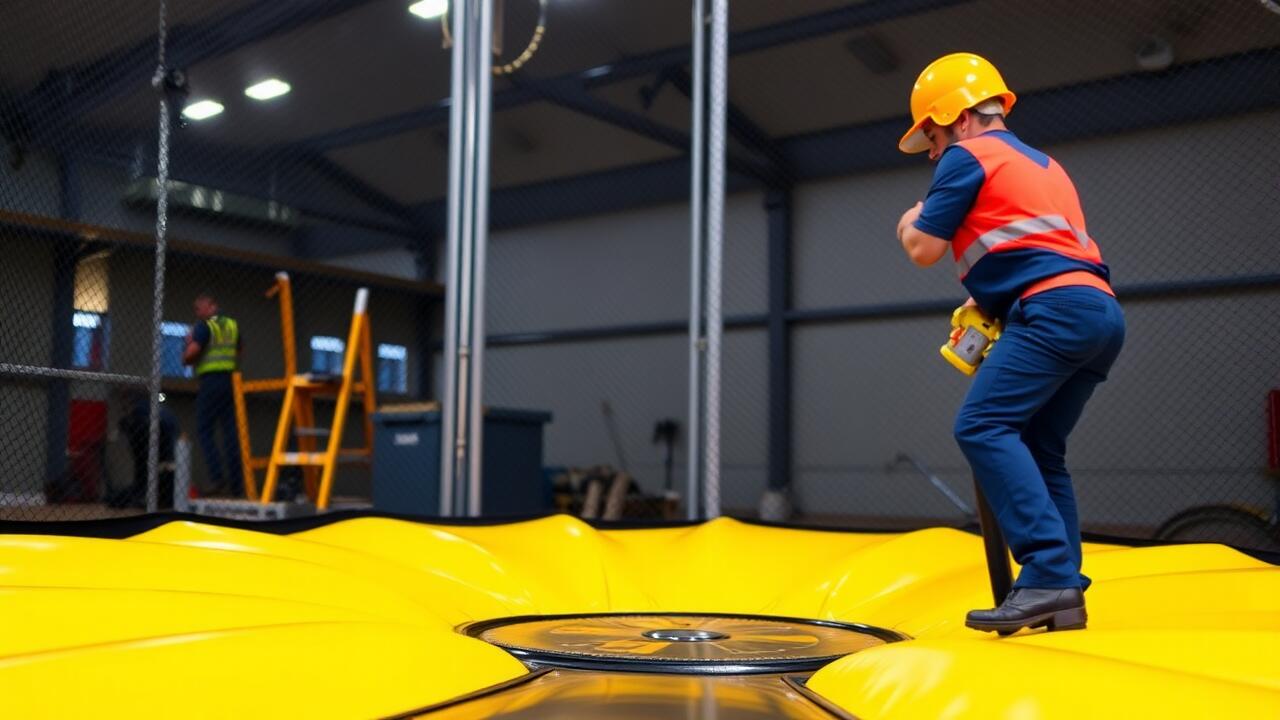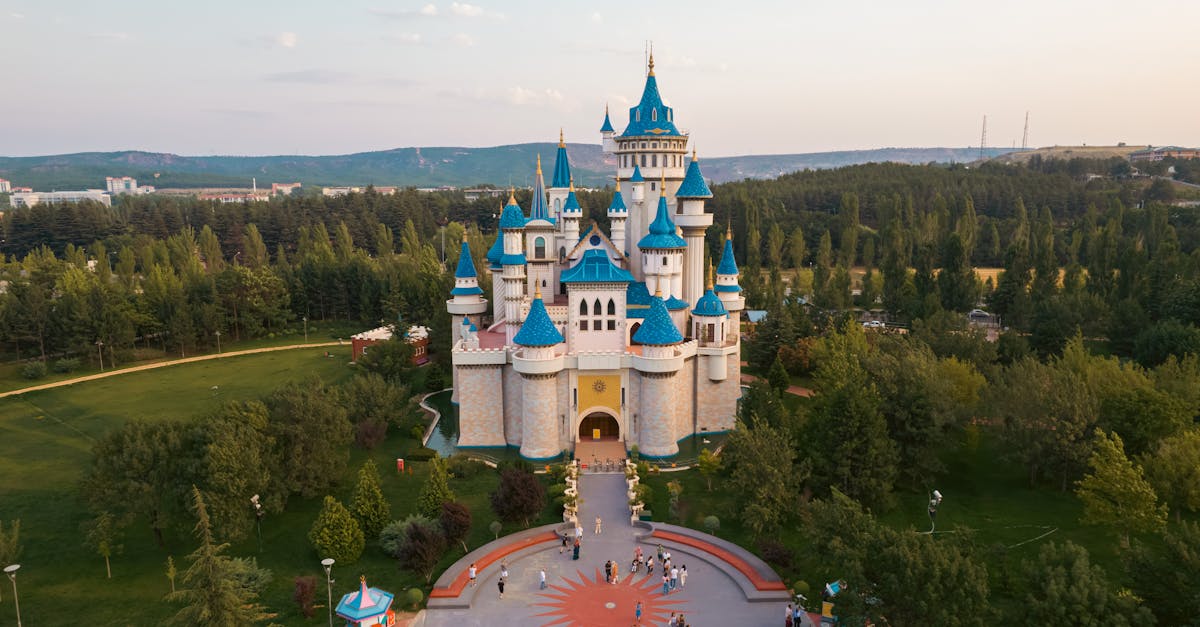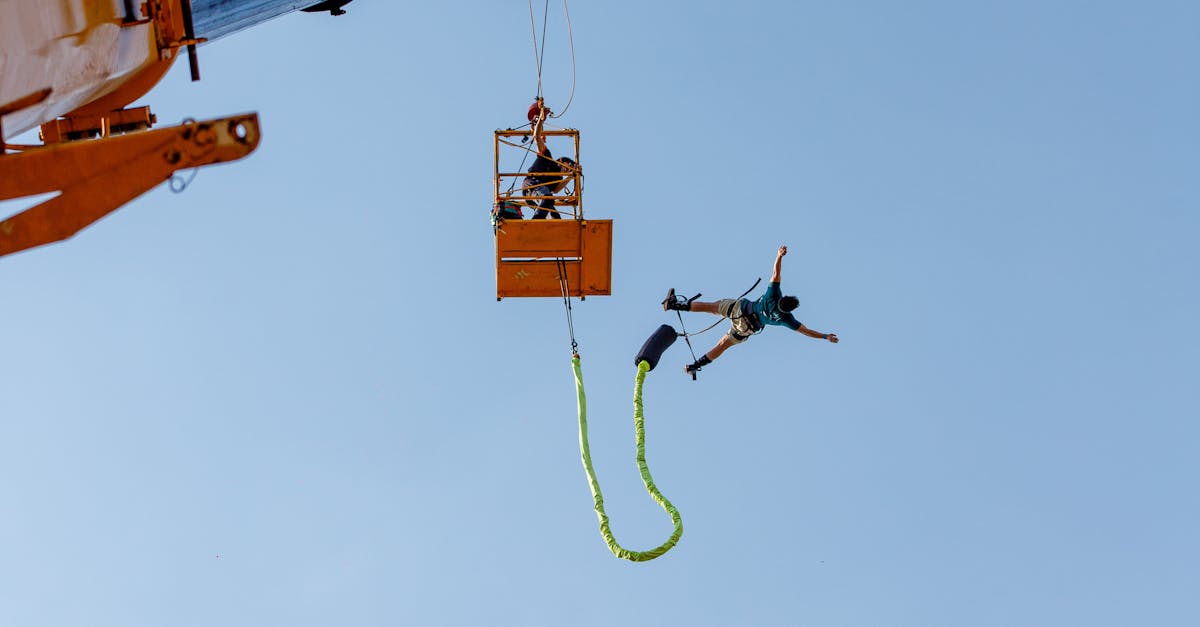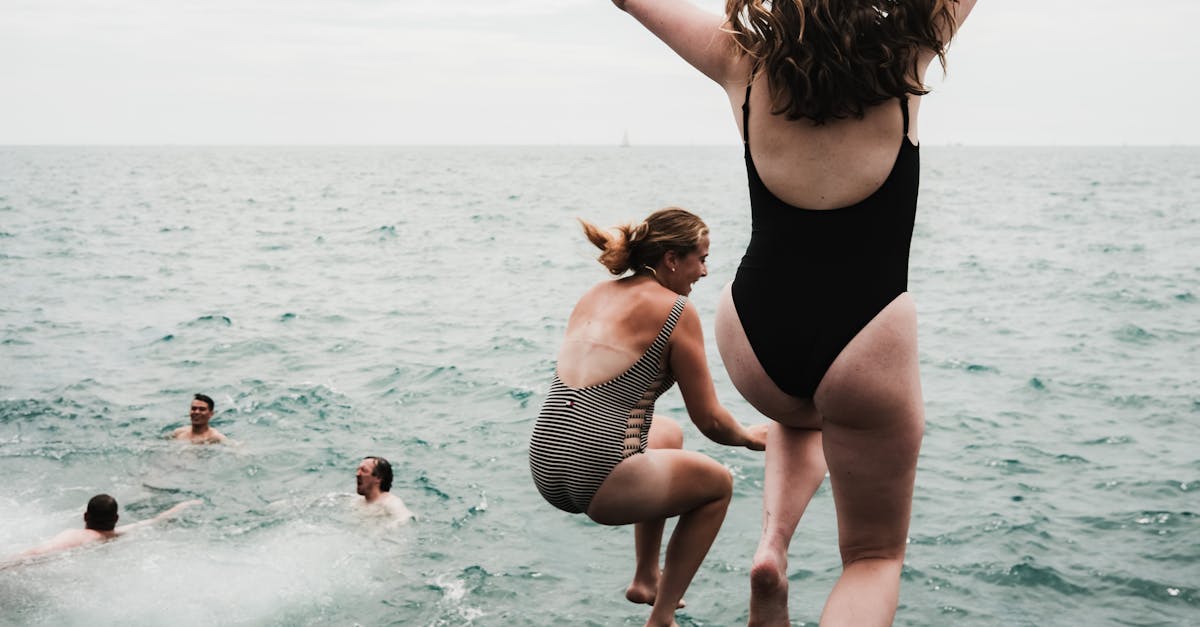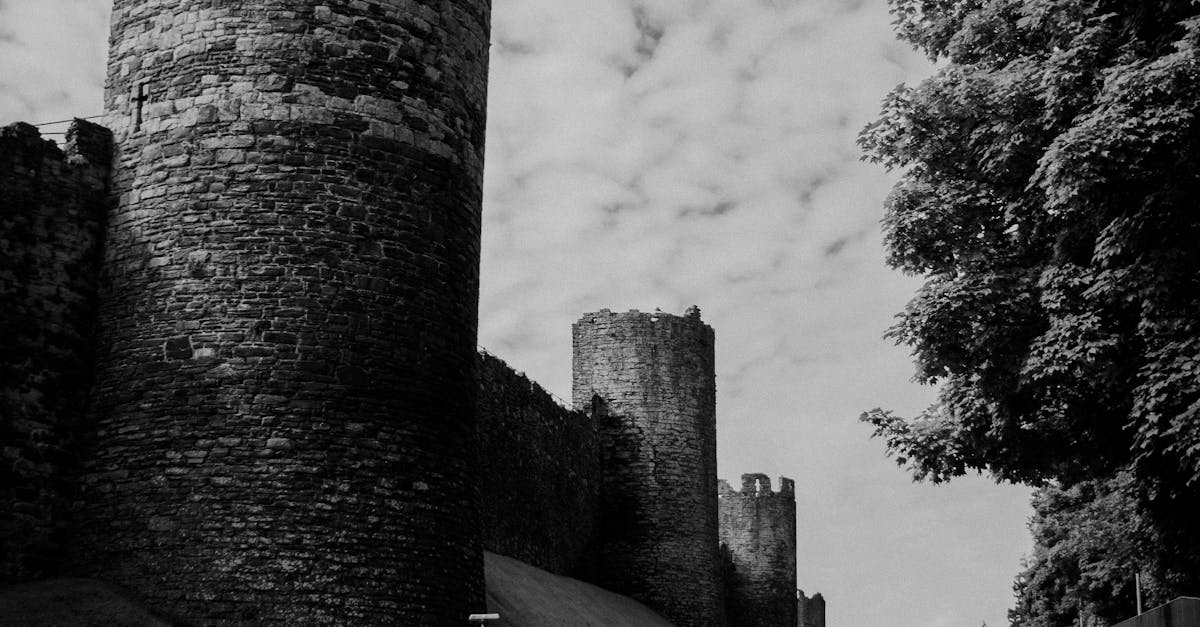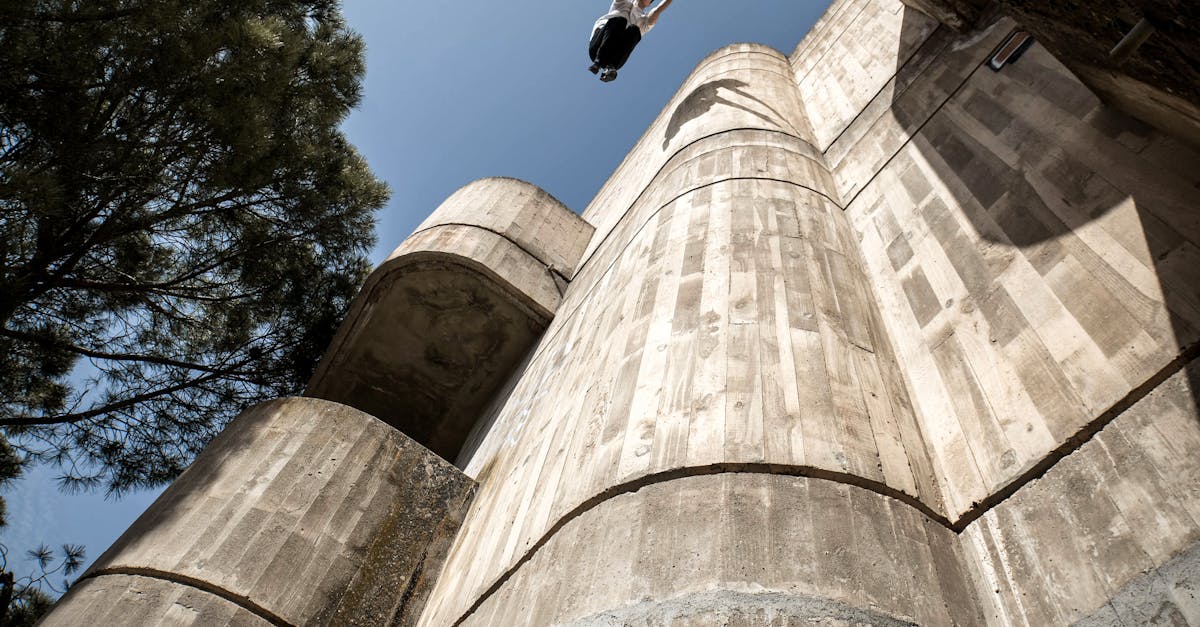
Table Of Contents
Legal Aspects of Castle Ownership
Owning a small castle entails navigating a complex web of legal considerations. Zoning laws play a crucial role in determining how one can use the property. These regulations vary significantly by location, impacting everything from renovation possibilities to operating a business on the premises. Properties with historical significance may also fall under heritage listings, which can impose additional restrictions on alterations. Potential buyers should engage with local planning authorities to understand any limitations specific to the site.
Insurance is another critical aspect of castle ownership that requires careful attention. A specialised policy is often necessary to cover unique features and potential liabilities associated with a historic structure. Owners may consider looking into providers like Jumping Castle Hire Sydney for specific coverage options related to events held on the grounds. This can include liability insurance for guests and protection for the property against natural disasters, theft or vandalism. Comprehensive coverage ensures that both the investment and the enjoyment of the property are safeguarded.
Zoning Laws and Heritage Listings
Zoning laws play a crucial role in determining how a small castle can be used. These regulations dictate the allowable activities within specific areas, which can range from residential use to tourism and events. Potential castle owners should consult local planning documents to understand the restrictions that may apply to their property. In some cases, heritage listings may further complicate ownership, imposing additional requirements for preservation and maintenance. This ensures that the historical and cultural significance of the building is retained while navigating the complexities of property modifications.
Heritage listings can significantly impact a castle's potential for renovation or conversion into rental spaces. Owners may find that certain alterations are limited to safeguard the property's historical integrity. Businesses like Jumping Castle Hire Sydney may face restrictions if they plan to use the castle as a venue for events featuring inflatable structures or similar activities. Understanding these regulations is essential when considering both investment and operational strategies, emphasising the importance of thorough research before committing to a purchase.
Insurance Considerations for Castles
Insurance for castles involves unique considerations due to their historical significance and distinctive architecture. Owners must assess the risk of natural disasters, vandalism, or maintenance issues typical of such properties. Standard home insurance policies often do not cover the specialised needs of castle ownership, so it's essential to seek coverage tailored specifically for heritage buildings. Consulting with insurance providers experienced in insuring historical properties can help identify the right level of coverage and potential exclusions.
Additionally, if the owner plans to rent out space for events or activities like hosting weddings or parties, they should consider liability coverage. This is important not only for safeguarding personal investments but also for protecting against accidents that could occur on the property. Companies such as Jumping Castle Hire Sydney, which provide entertainment services for events, may require event-specific insurance that complements the property owner's existing policy. Investing in comprehensive insurance ensures that both heritage value and business activities are protected.
Types of Coverage Needed
When purchasing a small castle, securing the right types of insurance coverage is essential for protecting your investment. Property insurance is the primary form of coverage needed, safeguarding against damage from natural disasters, vandalism, or accidents. As castles often feature unique architectural elements and historical features, it is advisable to ensure that your policy adequately reflects the value of these components. Additionally, public liability insurance is crucial, especially if you plan to host events or open your castle to visitors. This will protect you financially in the event of accidents occurring on your property.
If you are considering renting out portions of your castle for events, seeking specialised coverage for event rentals is important. This type of policy can address liabilities associated with hosting large gatherings or private functions. Companies like Jumping Castle Hire Sydney offer insights into insurance requirements for rental activities, highlighting the necessity of comprehensive coverage to mitigate risks. As with any investment, understanding the implications of different insurance policies will provide peace of mind and ensure you are fully prepared for any eventualities.
Investment Potential of Castles
Investing in a small castle can present unique opportunities for potential owners. These properties often attract a niche market of buyers and renters, particularly those looking for distinctive holiday experiences or unique venue options for events. The increasing popularity of heritage sites and themed experiences has led to a growing demand for castle rentals. Companies like Jumping Castle Hire Sydney have capitalised on this trend, offering creative entertainment solutions that complement castle-based events, boosting both attractiveness and profitability.
In addition to rental potential, the resale value of castles can appreciate significantly over time, particularly if they are well-maintained and situated in desirable locations. Property buyers often seek out castles for their charm and historical significance, making them attractive investments for the right clientele. The combination of luxury appeal and the chance to own a piece of history can make small castles appealing not just as homes but as viable investment properties, especially in regions where tourism thrives.
Rental Opportunities and Resale Value
Investing in a small castle can open up unique rental opportunities, especially for those looking to attract tourists or host special events. Castles often have a charming appeal, making them ideal for short-term stays, weddings, or corporate retreats. Companies like Jumping Castle Hire Sydney provide additional entertainment options for events held at these venues, catering to families looking for a fun experience. By positioning the castle as an exclusive destination, owners can benefit from higher rental rates and a steady stream of clientele, significantly enhancing their income potential.
Resale value is another important factor to consider when owning a small castle. The unique character of a castle can set it apart in the real estate market, attracting buyers interested in historical properties or unique lifestyles. Society's growing fascination with heritage and novelty enhances the desirability of castles, potentially leading to substantial appreciation in value over time. Owners who maintain and promote their property effectively can ensure they not only enjoy the benefits of renting but also see a healthy return on their investment when it comes time to sell.
FAQS
What is the average cost of a small castle in Australia?
The average cost of a small castle in Australia can vary significantly depending on location, condition, and historical significance, but prices typically range from AUD 500,000 to several million dollars.
Are there additional costs associated with buying a small castle?
Yes, in addition to the purchase price, buyers should consider costs such as maintenance, restoration, insurance, and property taxes, which can be substantial for heritage properties.
What legal considerations should I be aware of when purchasing a small castle?
Buyers should be aware of zoning laws, heritage listings, and any restrictions on renovations or modifications that may apply to the property.
Can I rent out a small castle once I purchase it?
Yes, many owners choose to rent out their castles for events, tourism, or short-term stays, but it’s essential to check local regulations regarding rental properties and any zoning restrictions.
How does the resale value of a small castle compare to other types of properties?
The resale value of a small castle can be quite variable; while they may appreciate significantly due to their uniqueness and historical value, market conditions and location will heavily influence this potential.
